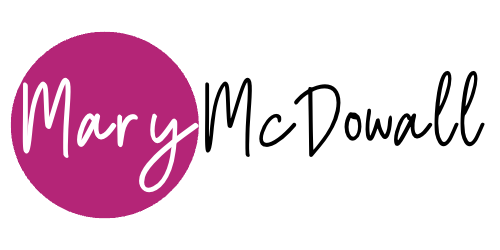8 Things About Me + 2
/Originally published 4/19/2016
I'm currently reading Quiet !mpact: How to be a Successful Introvertby Sylvia Loehken. She totally normalizes being an introvert and offers great strategies for different real life situations. One challenge I have as introvert is talking about myself and what I do in the world. The following list gives you a little glimpse about me.
8 Things + 2 About Me
I’m highly introverted so my ideal vacation is to go to an isolated island or a cabin in the woods by a lake and read or sketch
I’m fascinated by ideas, especially where they come from and their evolution
Numbers and patterns intrigue me and as an adult I discovered a new appreciation for math as a sacred language to explain nature
In university I prefered the Bronte sisters to Jane Austen. Now I have a growing collection of books whose characters are based on Pride and Prejudice. I think the BBC production with Colin Firth might have had something to do with this.
Together with my husband of almost 27 years, we have 3 beautiful, creative and talented daughters and a collection of pets
I live in my hometown of Parry Sound and co-own a marina on Georgian Bay.
I’ve always wanted to own a cottage. There is something so relaxing about a cottage.
Although I am a 5 in numerology, a 4 on the Enneagram the number 8 plays a significant role in my life. 8 + 8 is the day of my birthday, 8 x 8 is the year of my birth and I was married on 08 08 88. And this year my beloved border collie Saul turns 8.
Dragons, magical ponds and frogs have a habit of appearing in my life.
I consider life to be one big creative project and so everything from routine tasks to art exploration are an opportunity to be in the creative process.

